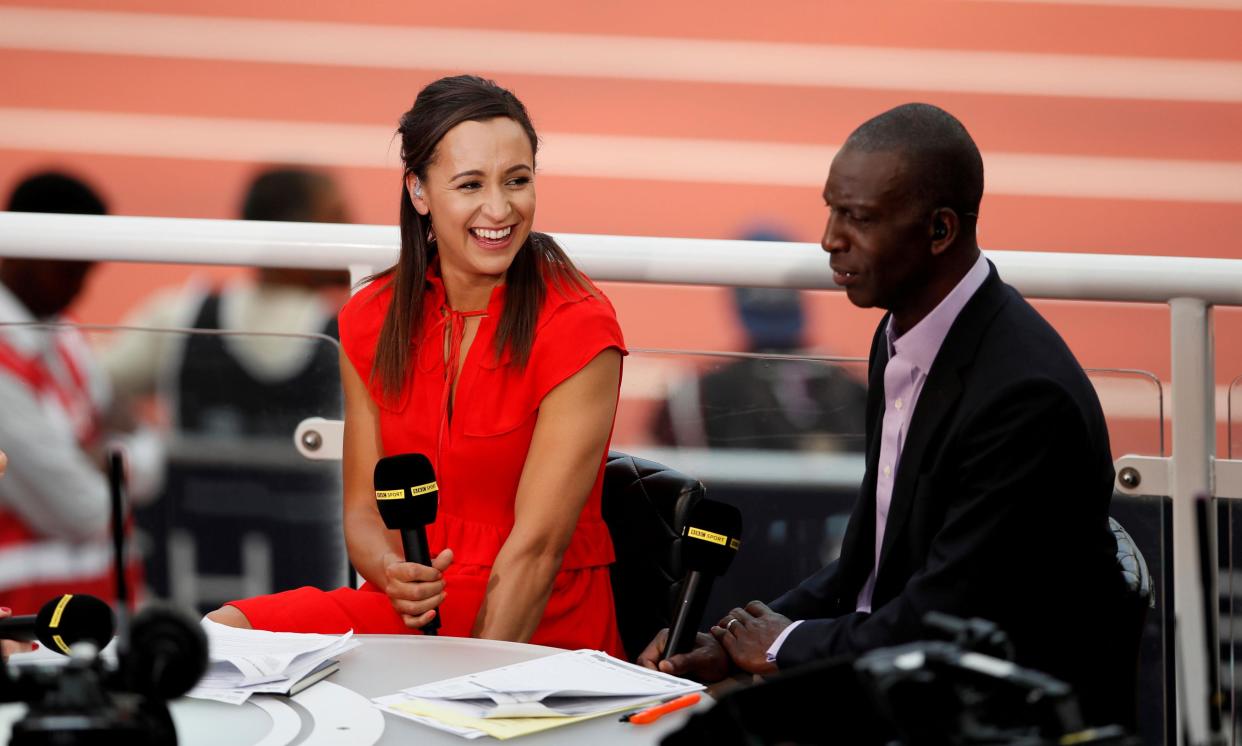BBC claims success in efforts to improve on-air gender balance

The BBC has dramatically increased the number of women who appear on its programmes in the space of just one year, by challenging staff to monitor the gender balance of guests.
The 50:50 Project has encouraged programme makers to attempt to ensure they achieve a gender balance in the guests they book, following concerns that men were disproportionately represented on air and producers were not booking equally qualified women.
About 70 English-language programmes have been taking part in the scheme for more than a year. Twelve months ago, just 27% of these shows were hitting 50:50 gender representation, but this figure jumped to 74% after the monitoring was instituted.
“It’s amazing to see such a remarkable change in just a year; you can see and hear it right across our programming,” said the director general, Tony Hall. “I want the BBC to lead the way on equality and fairness, and this project demonstrates what can be achieved.”
High-profile shows such as BBC Breakfast, From Our Own Correspondent, the Andrew Marr Show, Politics Live and Newsround are now consistently meeting the target, althoughNewsnight and some World Service programmes are still struggling to hit parity.
More than 500 teams have signed up from genres including news, entertainment, sport and science, with the BBC partnering with other media organisations to ensure they can learn the same lessons.
The data is self-reported and participation in the scheme is voluntary. Programmes only measure the output they control, meaning that a speech by Theresa May does not count, nor does the gender of a witness to a breaking news event. Instead, they focus is on ensuring gender equality among reporters, analysts, academics and individuals used in case studies.
BBC Sport’s TV news coverage found the target particularly challenging. “We were around 85% men, 15% women when we first looked at our figures, so I would never have imagined we would get anywhere near 50:50 within a year,” said assistant editor Helen Brown. “We’re managing it.”
Not everyone is happy with the change. BBC audience research found that a third of the public had noticed more female voices in the past year and one in six people in the 55-plus age bracket said they enjoyed the BBC less as a result. The move was popular with people aged 16-34, however.

 Yahoo News
Yahoo News 
